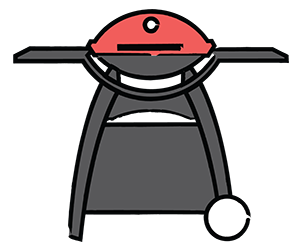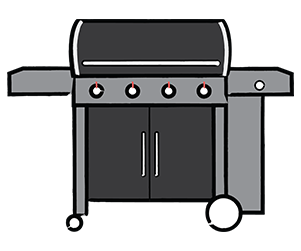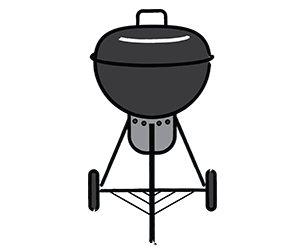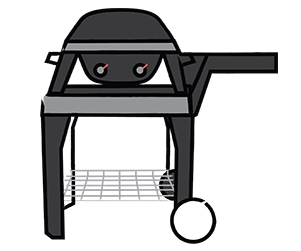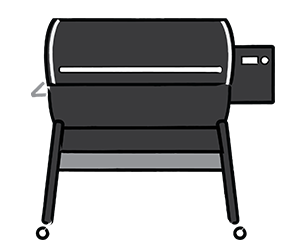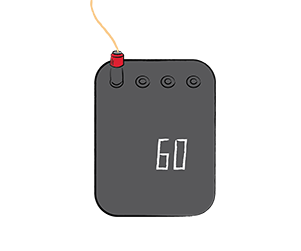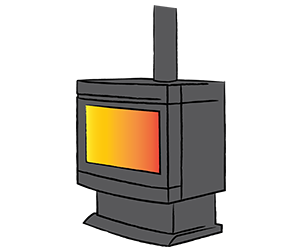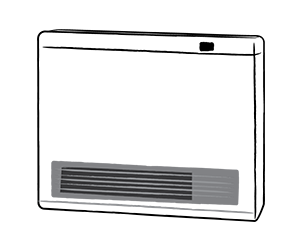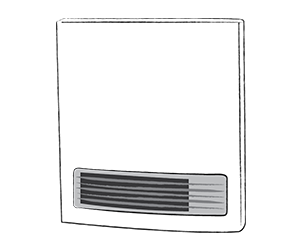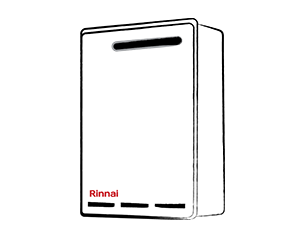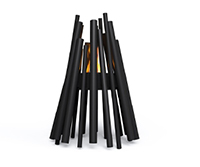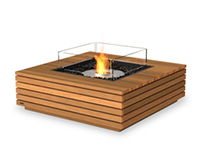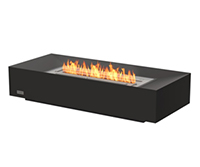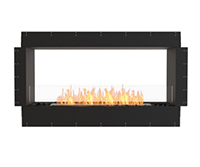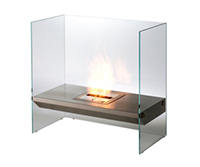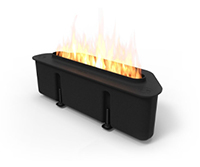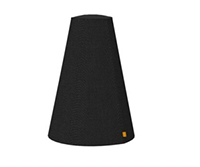No products in the cart.
When you’re in the market for a new hot water system, understanding what options are available and how to select the best one for your needs is crucial. From continuous flow systems to storage tanks, each type provides distinct advantages. Grasping energy efficiency ratings and installation factors can help you save time and money. Additionally, identifying what features and maintenance practices to seek will guarantee your system operates seamlessly. So, how do you make the most informed decision for your home? Let’s delve into the key elements that will lead you to the ideal choice.
Key Takeaways
- Choose between continuous flow and storage tanks based on your household size and hot water needs.
- Prioritise models with a high energy efficiency rating.
- Ensure plumbing, electrical, and ventilation setups are compatible with the new system for seamless installation.
- Look for advanced features like digital controllers, Wi-Fi connectivity, and energy-efficient heat exchangers.
- Schedule regular inspections, including descaling and sediment flushing, to maintain system efficiency and longevity.
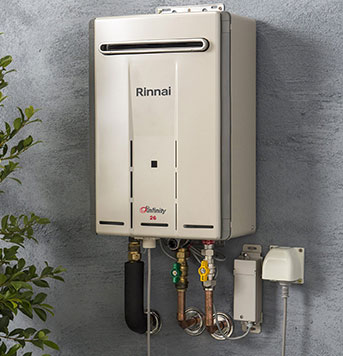

Types of Rinnai Gas Hot Water Systems
Storage Tank Systems
These natural gas water heater systems use a hot water tank to store hot water, which is heated by a gas burner. They’re available in a range of sizes to suit any household or commercial property. Rinnai 135 litre Gas Hot Water System and Rinnai 170 litre Gas Hot Water System are excellent options for larger families needing a ready supply of hot water.
Continuous Flow Systems
These tankless water heater systems heat water on demand, providing a constant supply of hot water. They’re ideal for households or commercial properties with high hot water demands. The Rinnai Infinity 26 Continuous Flow Hot Water System and Rinnai Infinity 32 Gas Hot Water are renowned for their efficiency and reliability, ensuring you never run out of hot water.
Internal Gas Hot Water Systems
Installed inside the property, these systems don’t take up external space, making them perfect for properties with limited outdoor areas. Models like the Rinnai Infinity 28i (ask us about this model) are designed for indoor installation, providing efficient and compact solutions.
Indoor Gas Hot Water Systems
These are designed to be installed inside and vented outside through a flue or vent. Ideal for properties without external access, these systems, such as the Rinnai B26 Natural Gas Hot Water Heater, combine convenience with performance.
Gas Hot Water Energy Efficiency Ratings
When evaluating the best-suited Rinnai system for your needs, it’s imperative to assess the energy efficiency ratings, as these metrics provide critical insights into a system’s operational cost and environmental impact. Energy efficiency ratings directly influence your utility bills and carbon footprint. Higher-rated systems might initially cost more but offer substantial savings over time and often qualify for rebate options.
Rinnai employs advanced technology in its systems, such as condensing technology, which recovers heat from exhaust gases, boosting efficiency. Systems like the Rinnai Infinity 26 Enviro use modulating gas valves to adjust the burner’s intensity based on water demand, optimising energy use.
Stay abreast of future trends in energy efficiency, including smart home integration and cloud-connected (IoT-enabled) diagnostics, which can further streamline energy consumption. High-efficiency models not only reduce your environmental impact but also align with stringent regulatory standards, potentially offering long-term compliance benefits.
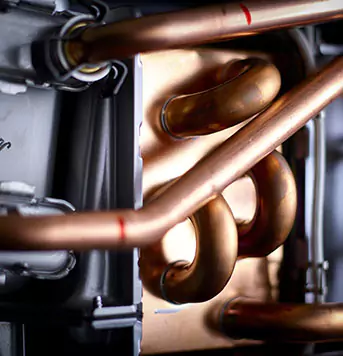

Gas Hot Water System Installation Considerations
To ensure seamless integration of your new hot water system, pay close attention to the specific installation requirements dictated by the unit’s design and your home’s existing infrastructure.
First, assess the plumbing requirements. Confirm your current piping can accommodate the new system’s specifications, including flow rate and pressure levels. If your existing pipes are incompatible, retrofitting may be necessary, which can introduce additional installation challenges.
Consider the electrical setup as well. Many Rinnai systems require dedicated circuits or specific voltage levels. Verify that your electrical panel can handle these demands without overloading.
Ventilation is another critical factor. Tankless systems, in particular, need proper venting to expel combustion gases efficiently. Inadequate venting can lead to operational issues or even safety hazards.
Location is pivotal. Install the unit where it can be easily accessed for maintenance yet remains protected from extreme weather conditions. The space should also allow for sufficient airflow around the unit to prevent overheating.
The Gas Showroom offers the best advice about installation and we can arrange expert installation by our professional partners for you. Just ask us!
Key Features to Look For
After confirming your installation is ready for success, focus on identifying the key features that will maximise the performance and efficiency of your Rinnai hot water system. Start with warranty coverage; Rinnai’s strong warranty guarantee indicates confidence in product durability and can save you from unexpected repair costs.
Next, consider the sizing options available. Accurate sizing is essential to guarantee the system meets your household’s hot water demands without overburdening the unit or wasting energy. Rinnai offers various models, so select one that matches your specific needs, whether it’s for a single-family home or a multi-unit dwelling. The team at The Gas Showroom can offer the best advice on what unit will suit your home and lifestyle.
Keep an eye on technology advancements. Modern Rinnai systems often feature digital controllers, Wi-Fi connectivity, and energy-efficient heat exchangers. The Rinnai Universal Hot Water Controller, Rinnai Deluxe Bathroom Controller, and Rinnai Deluxe Kitchen Controller provide precise temperature control and additional convenience, enhancing user experience and energy efficiency.


Hot Water System Maintenance and Care
Proper upkeep and care of your Rinnai gas hot water system won’t only prolong its operational lifespan but also guarantee it consistently delivers peak performance. Begin with regular inspections to identify any potential issues early. Examine for leaks or unusual noises. These signs might indicate underlying problems requiring troubleshooting advice or professional service.
Engage in DIY maintenance tasks such as descaling the unit to eliminate mineral build-up, which can hinder efficiency. Check and clean the inlet water filter regularly to ensure ideal water flow. Additionally, inspect the venting system to prevent blockages that could impair performance and safety.
For advanced maintenance, rely on professional service to conduct thorough examinations and necessary repairs. Technicians can perform detailed diagnostics using specialised equipment, ensuring all components function correctly. They’ll also update firmware and software, enhancing system longevity and operational efficiency.
Incorporate periodic flushing of the system to remove sediment build-up, a common issue in hard water areas. This DIY maintenance task can greatly improve water heater performance and longevity.
Always consult your Rinnai user manual for specific troubleshooting advice and maintenance schedules tailored to your model, or chat with The Gas Girls for the best advice. Consistent care will guarantee your system remains reliable and efficient for years.
Budgeting and Costs
Understanding the costs associated with your Rinnai hot water system is essential for effective budgeting and ensuring you receive the best value for your investment. Start by conducting a thorough cost analysis, encompassing upfront costs, installation fees, and ongoing energy bills.
The initial purchase price can vary significantly based on model specifications, energy efficiency ratings, and capacity. You’ll also need to factor in professional installation costs and any required modifications to your existing plumbing or gas systems.
It’s important to analyse the total cost, including potential energy savings from high-efficiency models which can offset upfront expenditures over time. Additionally, investigate available rebates and incentives, as energy-efficient hot water systems may sometimes qualify for federal or state programs aimed at reducing energy consumption, or special promotions offered by Rinnai.
Conclusion
In wrapping up, selecting your perfect Rinnai hot water system doesn’t have to feel like finding a needle in a haystack. With our all-encompassing guide, you’re now equipped with the technical know-how to make a savvy decision.
From evaluating energy efficiency to grasping key features, and considering installation and maintenance, you’re set for success.
Remember, the right choice today guarantees steaming, dependable hot water for years to come.
Come on in and see Kylie and Jodie – The Gas Girls – at The Gas Showroom for personalised advice and exceptional service!
